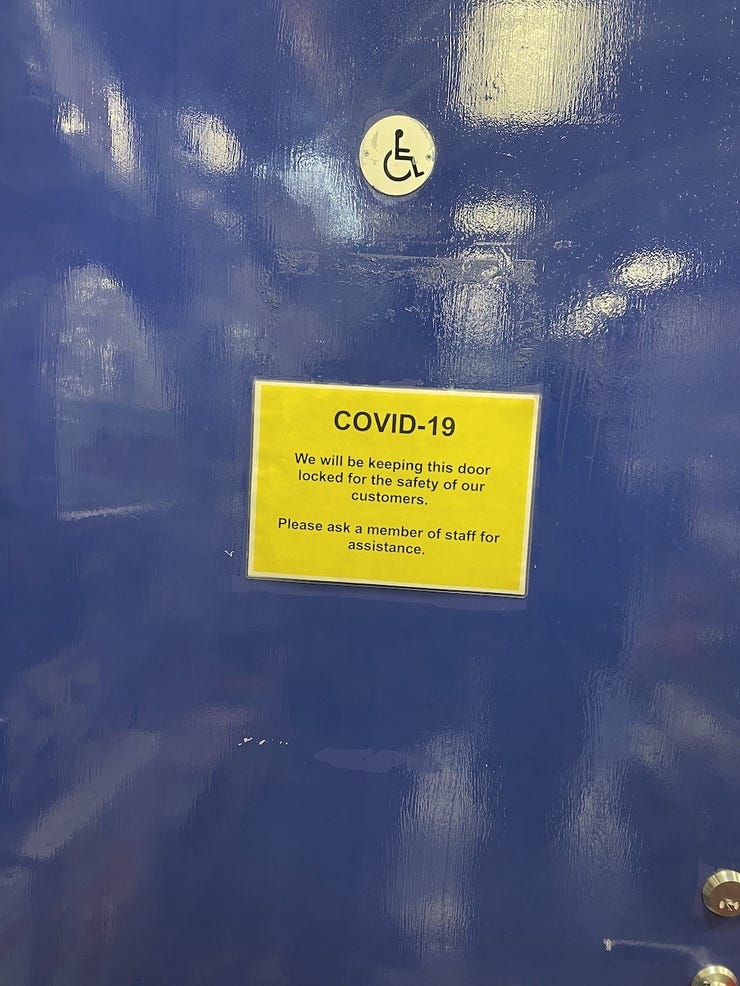Push the Door
My father was a stickler for the rules. He was highly ethical and couldn’t abide cheats. That said, he knew tricks and shortcuts, and knew how people thought. I never really understood that side of him, and remained a “by-the-book” thinker for many years.
Then I realised that to get things done, to accomplish big things, it was not just important, but necessary to question assumptions and to bend some unwritten rules.
The default for many people, especially those who aren’t entrepreneurs, is to follow the group. Evolution confers some advantages to this approach, but it doesn’t make for effective leaders.
Back in 2011, when I was working with developers on the PlayStation Mobile project, I questioned the assumption that contracts needed to be lengthy, impenetrable and highly defensive. I worked with an excellent, entrepreneurial lawyer to create a new, three page contract. It was incredibly simple and straightforward and developers appreciated it. This enlightened lawyer (there were many of those, God bless them, they just needed some encouragement and the mitigating circumstances of relatively small budgets compared to traditional First Party contracts) not only understood what we needed, but because he appreciated the spirit of the agreement was able to contribute some creative ideas of his own to make it really clear and fair.
I didn't accept the prevailing doctrine of defending the corporation at any cost. There’s a place for that kind of thinking, but it can kill deals that need to be agreed at scale with small partners. Cookie cutter thinking just doesn’t cut it in the modern business world. “That’s just the way we do things” is the kind of mantra that can put you out of business in a year or two.
The sign on the door says that it will be kept locked. That doesn’t mean that it is locked. So before calling staff, it’s worth just pushing it a little first to see if it’s already open.
(It was open.)

